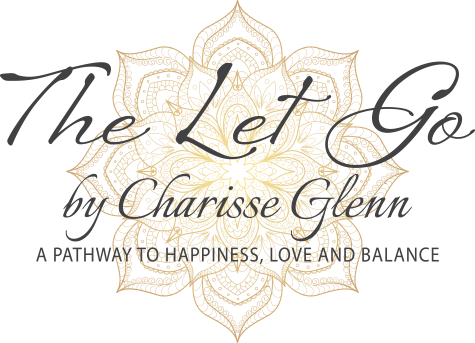How we live our lives is comprised of the behaviors and habits we have learned and make choices that reflect those beliefs.
Family patterning passes down through generations. Ingrained in our subconscious each time the stories repeat, ensure our family history is remembered. Systematically we make choices based on what we witness and our conditioned memories. Sometimes these are positive and uplifting, and frequently they are not.
We compare now with what was; if it looks close to how it’s been, we are ok. Even when it is terrible, it is familiar, and because of this, we accept it is how it will always be. Unfortunately, we make assumptions that this is the way of life, and as a result, we become complacent, accepting our life circumstances.
The same stories repeat like a broken record; we memorize the choices our parents and our parents-parents made.
Unknowingly we get stuck in the loop.
If we don’t halt these negative patterns, they will continue through our lives and beyond.
To get unstuck, we need to alter our perceptions. Most of our childhoods had drama and stress. Mine certainly had its share. So as tweens and teens, my brother, four cousins, and I made a pack to change the dynamics we experienced in our combined family interactions.
We vowed to each other late one night that we would not carry on our families’ dysfunctional ways of communication. To ensure the strength of our convictions, we made a blood promise, pricking our fingers with a pin and mixing our blood.
Our commitment to each other was: we would not allow the past to control our present. Of course, we certainly have had our disagreements, but we have used the power of communication not to let those differences disrupt our relationships.
Unbeknownst to the group of us, we gave ourselves the greatest gift – the power of choice.
More than 50 years later, there is a name for what we couldn’t identify, now commonly referred to as Generational programming or Generational patterning. These patterns, which manifest as thoughts, perspectives, and beliefs, are handed down from generation to generation. Because they are often culturally or emotionally anchored, they are hard to break. As a result, each generation holds the scars of their impact until the line is stopped.
We can change our behaviors to break the cycle. But, first, we must become aware of the pattern(s). These rooted imprints guide us and can influence most who we are. For example, they can impact how we define gender roles and participation in relationships. They affect the words we use. Do we blame or assign guilt? Is abuse, both physical and emotional, alcoholism or drug use a norm? What is our level of interpersonal communication, and how are our parenting skills? Undisclosed to us, all behaviors are modeled from generational programing.
Once identified, we reframe our thoughts about those patterns by creating new ideas and processes, thus allowing us to move forward.
Letting go of family stories does not mean we are alienating our family. On the contrary, it is a way for us to live our lives from a healthier new perspective.
Refrain from comparing yourself to others, yet do not hesitate to seek out others who are walking a similar path. Insights are often uncovered when we hear others’ experiences.
Creating new habits often includes forgiveness.
When we look at those stuck in their patterns, with compassion, empathy, and love, we can see deeper into who they are. An understanding develops that their behavior has to do more with their internal struggle than it ever did with us. It may reveal a life of hurt and fear. But, recognizing they are doing the best they can with the know-how they have been given comes with our understanding of self.
Protecting future lineages from carrying forward family patterns happens when the cycle is broken.
To change behaviors is not a road everyone walks. It does not happen overnight. Those on the path of growth are seekers. Many are not, and that is ok too. Changing requires moving out of our comfort zones. By doing so will adjust how we take future action.
We can only walk our walk. And when we are ready for the path to change, the road will become evident that a turn is necessary. Transformation is a slow and personal process.
While glancing at the records that once played can help us gauge how far we have progressed, continually rehashing what was will not allow us to navigate where we are going. Know that we all have the power to change. It only takes the commitment and desire to make a difference in our future lives, as evidenced by six kids and their blood pact.
People talk about dysfunctional families; I’ve never seen any other kind.
– Sue Grafton






Vanessa Grant
Such a great reminder that we don’t have to be a product of our environment, if we only question what we “know” on a regular basis. History doesn’t have to repeat itself if we stop believing that history has to repeat itself. We can make the change. Thank you for this lovely insight.
charisse
Thank Van for your comments! Yes, we can break the cycle when we have the consciousness that there is something more for us. Hope you are well:)